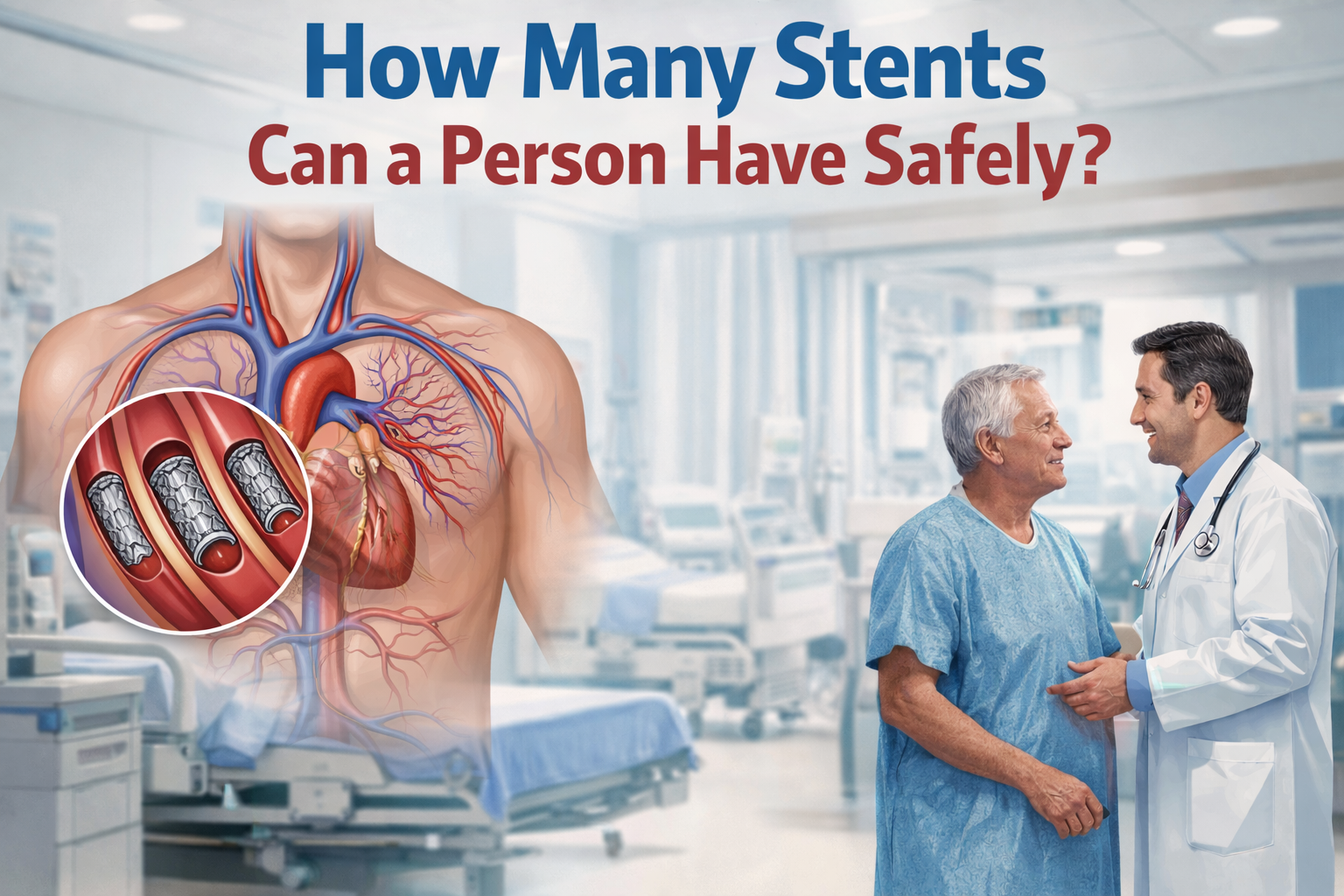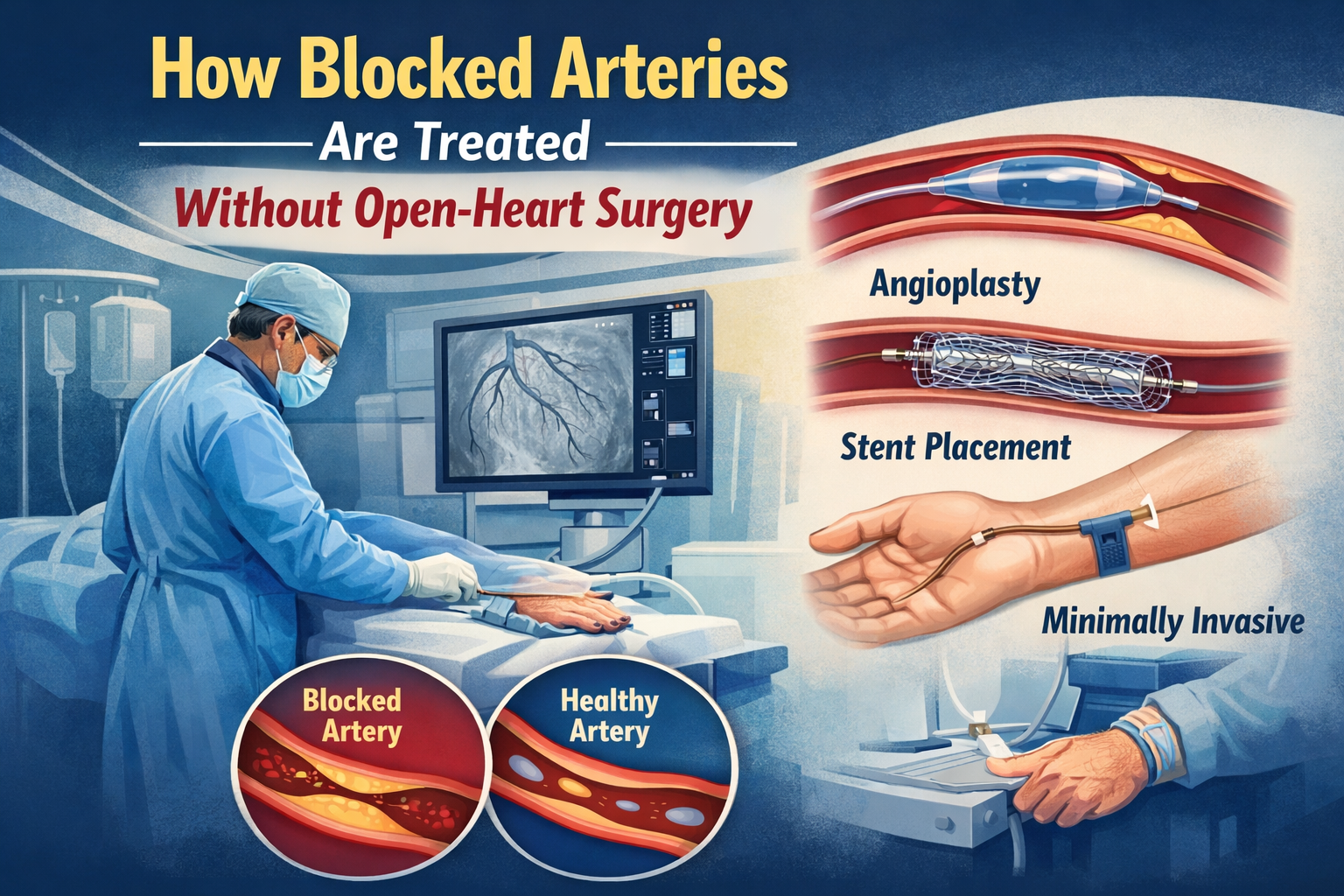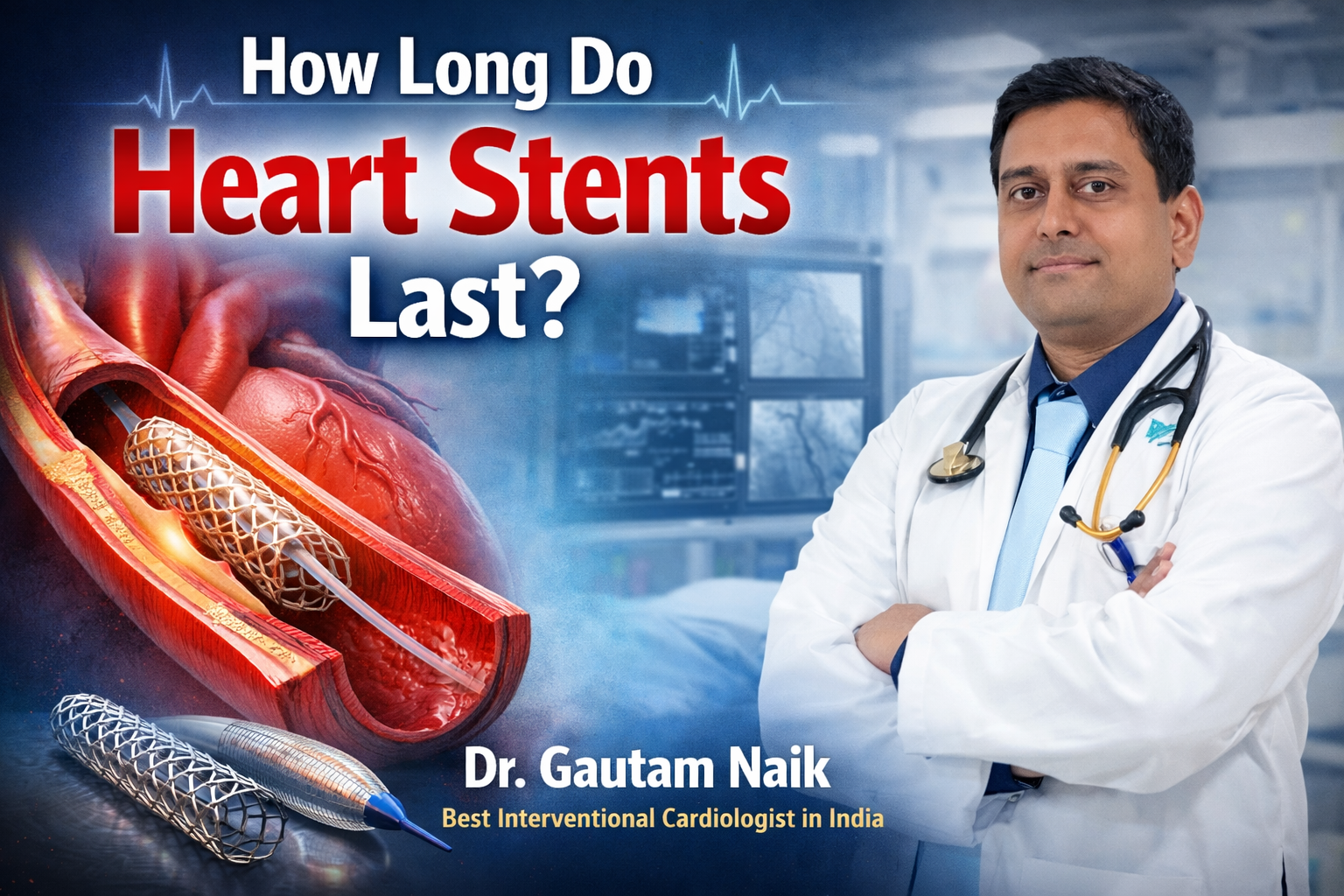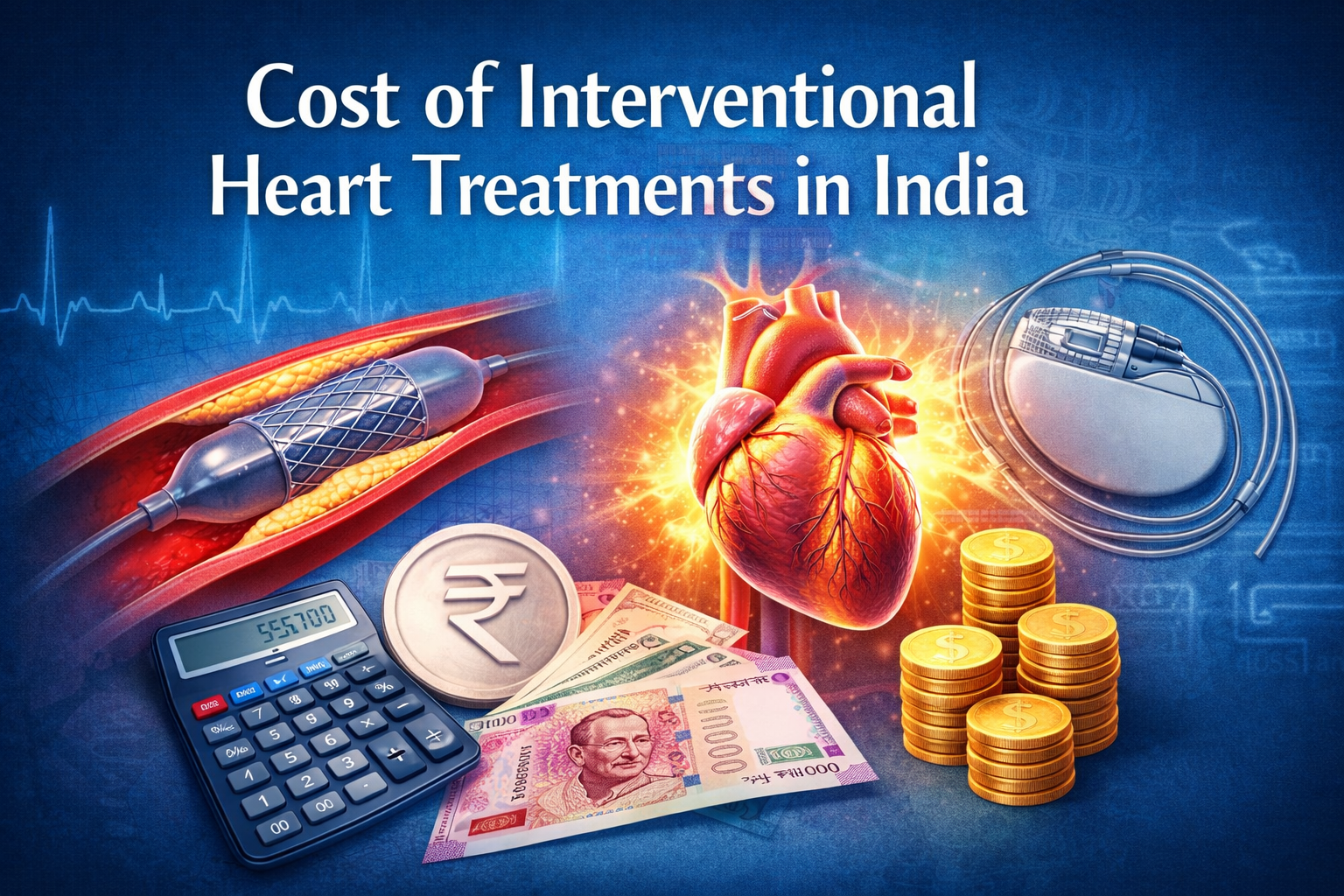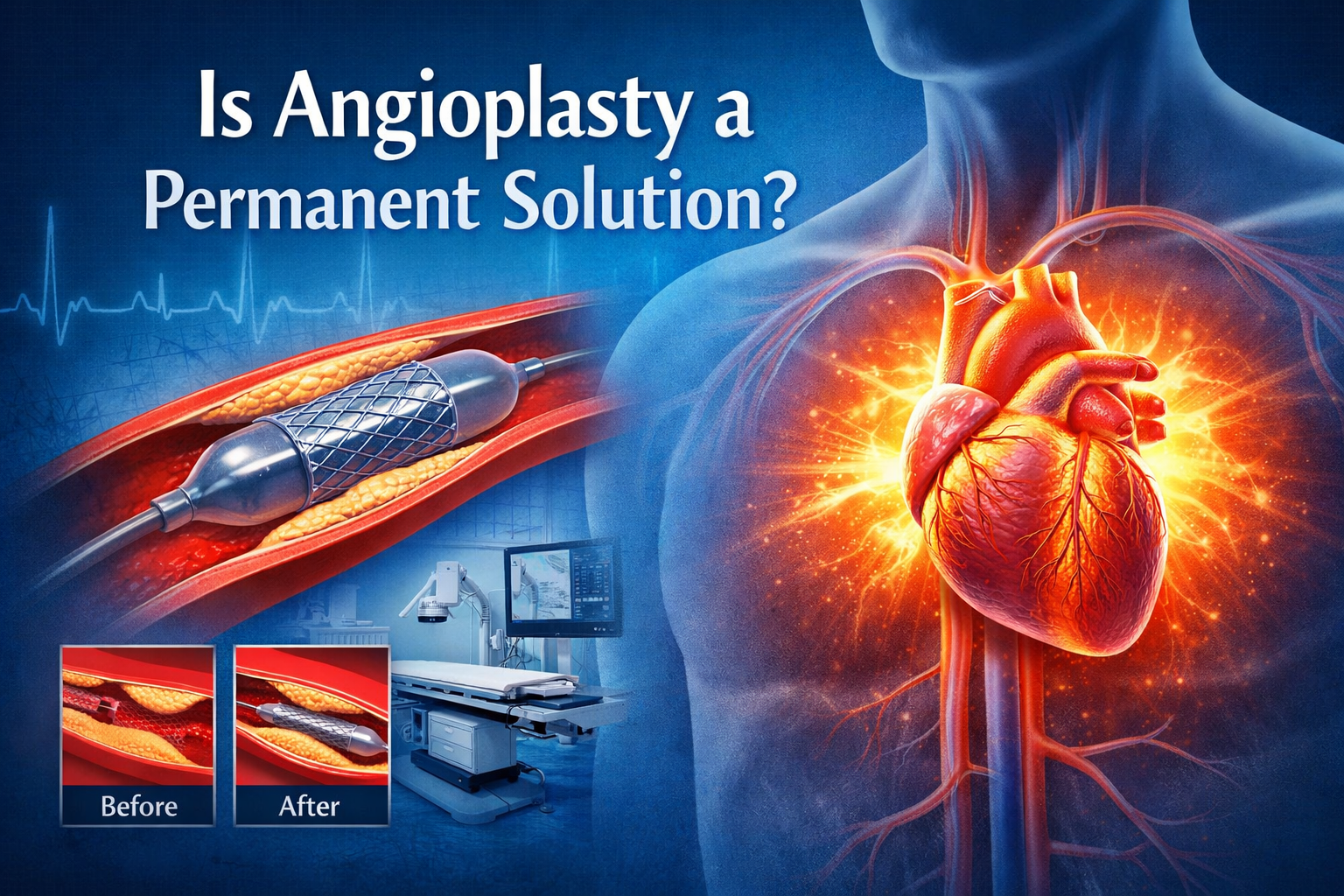
Arrhythmia, or irregular heartbeat, is a condition that can range from harmless to life-threatening. In Delhi, where lifestyle-related heart conditions are on the rise, timely diagnosis and expert treatment can make all the difference. The city is home to highly skilled cardiologists, with Dr. Gautam Naik standing out as one of the best cardiologists in Delhi for arrhythmia management. His patient-focused approach and mastery of advanced cardiac care ensure both accurate detection and effective treatment of this complex condition.
Arrhythmia occurs when the heart beats too quickly (tachycardia), too slowly (bradycardia), or irregularly. While occasional palpitations may not be dangerous, persistent or severe arrhythmias can lead to complications such as stroke, heart failure, or sudden cardiac arrest.
Common types of arrhythmia include:
Delhi’s fast-paced lifestyle often leads people to overlook early warning signs of arrhythmia. Key symptoms to watch for include:
If you experience these symptoms, it’s essential to seek medical evaluation from a trusted cardiologist in Delhi like Dr. Gautam Naik.
Dr. Gautam Naik begins by understanding a patient’s medical history, lifestyle factors, and family history of heart disease. A thorough physical exam helps identify any visible signs of cardiovascular distress.
An ECG is the primary diagnostic tool for detecting irregular heart rhythms. It records the heart’s electrical activity, highlighting abnormalities.
For intermittent arrhythmias, Holter monitoring tracks heart activity over 24–48 hours to detect irregularities that may not appear during a standard ECG.
An ultrasound-based test to assess heart structure and function, helping to identify underlying causes of arrhythmia.
In complex cases, an EP study maps the heart’s electrical signals to pinpoint the source of rhythm disturbances.
Blood work can reveal electrolyte imbalances or thyroid problems contributing to arrhythmia, while cardiac MRI or CT scans provide detailed heart imaging.
Dr. Gautam Naik often advises patients to adopt heart-healthy habits such as reducing caffeine intake, managing stress, quitting smoking, and engaging in regular physical activity.
Depending on the arrhythmia type, antiarrhythmic drugs, beta-blockers, or anticoagulants may be prescribed to regulate heart rhythm and reduce stroke risk.
A controlled electric shock restores normal heart rhythm, often used for atrial fibrillation or flutter.
This minimally invasive procedure targets and destroys the small area of heart tissue causing abnormal rhythms.
For severe cases, pacemakers or implantable cardioverter-defibrillators (ICDs) may be recommended to regulate or correct heartbeat abnormalities.
In rare, complex cases, surgical interventions like the Maze procedure may be required.
Arrhythmia is a serious condition that requires timely diagnosis and expert treatment. In Delhi, Dr. Gautam Naik has earned a reputation as one of the best cardiologists for arrhythmia management, combining clinical excellence with compassionate care. If you experience symptoms of irregular heartbeat, seeking early consultation can help protect your heart and improve your quality of life.
Book your consultation with Dr. Gautam Naik today and take the first step towards a healthier heart.

